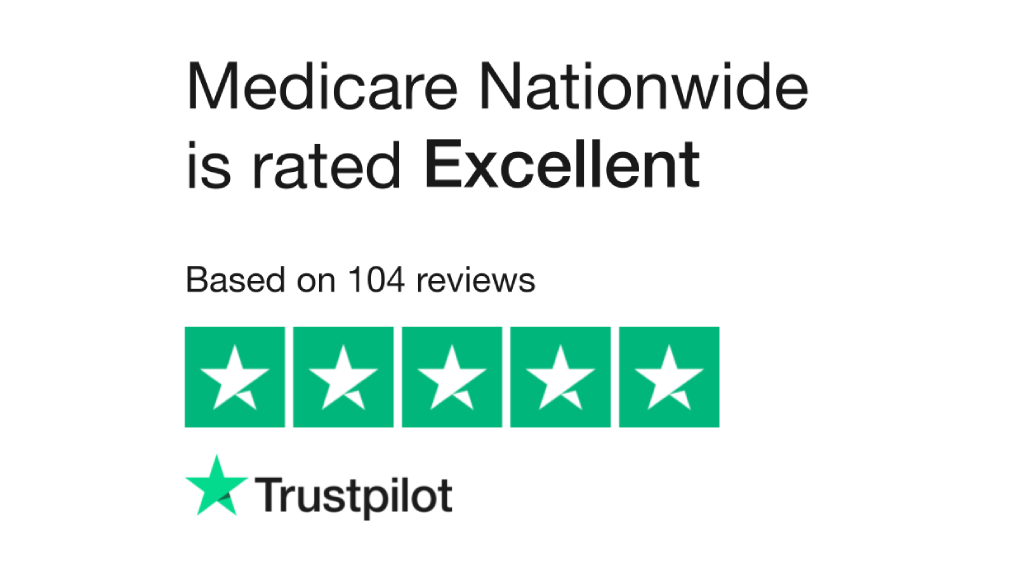Part A Hospital Costs
For most individuals who have paid into Medicare through payroll taxes for at least 10 years, Part A hospital coverage does not require an insurance premium. However, if you haven’t met the 10-year requirement, there may be a premium associated with Part A coverage.
Part B Medical Costs
The deductible must be met before Medicare coverage begins. The amount of your Part B deductible may vary depending on factors such as income, Medicaid eligibility, or IRMAA (Income-Related Monthly Adjustment Amount) taxes.
It’s essential to review your specific circumstances to determine the accurate Part B deductible.
Federally Standardized Coverage
Plan G is federally standardized, meaning the coverage offered by different insurance carriers is the same. However, insurance carriers compete for new business, resulting in variations in pricing. Factors such as the health of the insured group and the carrier’s available resources influence the pricing of Plan G. Some carriers may offer the coverage at lower costs, while others may be priced higher, impacting overall competition.
Rate Adjustments and State-Level Variation
Plan G rates are subject to annual rate adjustments, which can occur once or even twice a year. While the general range of rate adjustments is between -35% to 35%, more common adjustments fall within 3-10%. However, various factors such as inflation and the high-risk business environment can influence rates. It’s important to note that insurance is regulated at the state level, and each state may have different costs for Plan G. Rates can vary significantly from state to state, impacting pricing across the board.
Medicare Supplement Plan G Max Out-of-Pocket Example
Let’s calculate the potential total savings with Medicare Plan G compared to a Medicare Advantage plan in a hypothetical but realistic scenario.
Medicare Plan G
Premiums: Let’s assume $150 per month, totaling $1,800 per year
Part B deductible (included in Plan G): $266
Total Medicare Plan G costs: $1,800 + $266 = $2,066
Savings with Medicare Plan G: $18,450 – $2,066 = $16,384
In this scenario, if you have a year with significant healthcare expenses where you require regular medical attention, the potential savings with Medicare Plan G compared to a Medicare Advantage plan could be approximately $16,384.
Medicare Advantage Plan
Maximum out-of-pocket limit (including deductible): $6,700
Copayments (not included in deductible): $350/day for the first five days in the hospital (assuming $1,750 in total)
Out-of-pocket Medicare expenses due to doctors not accepting the plan that would have accepted Medicare: $10,000
Total Medicare Advantage Plan costs: $6,700 + $1,750 + $10,000 = $18,450
These savings come from having a more comprehensive coverage with Medicare Plan G, which includes the Part B deductible as the sole out-of-pocket cost for insurance purchased for Medicare approved expenses. With Medicare Advantage, copayments for the first five days of a hospital stay are not considered toward the deductible. Additionally, the out-of-pocket Medicare expenses incurred due to doctors not accepting the plan contribute to the overall costs.
Conclusion
By choosing Medicare Plan G, you can save a substantial amount while still receiving quality healthcare services. Moreover, Medicare Plan G provides the flexibility to see any doctor who accepts Medicare, eliminating the restrictions associated with network limitations.
It’s important to note that these figures are based on assumptions and may vary depending on individual circumstances, such as specific healthcare needs and insurance carrier plans and rates. Consulting with an independent insurance broker can provide personalized guidance and help you evaluate the potential savings and benefits based on your unique situation.

